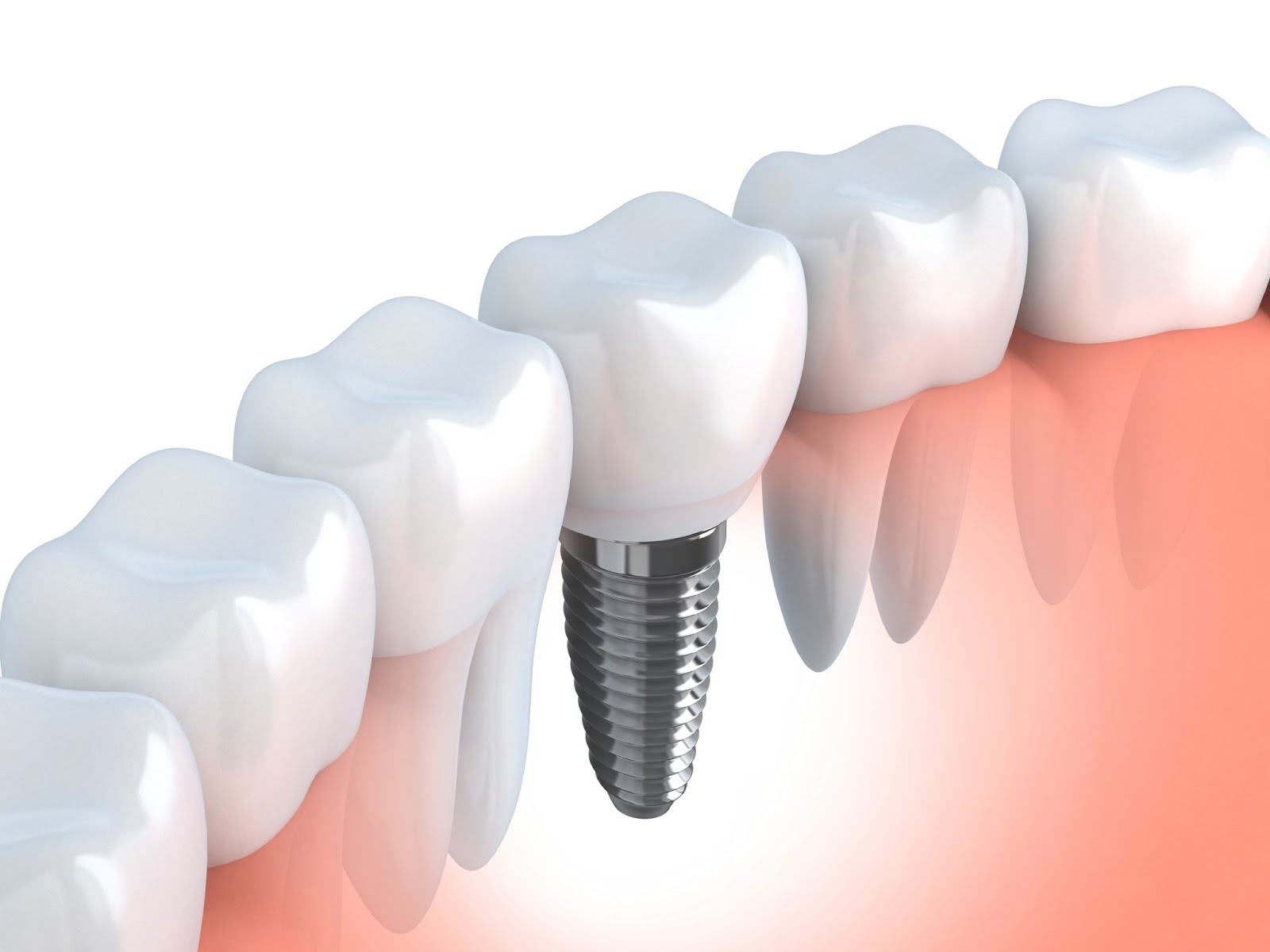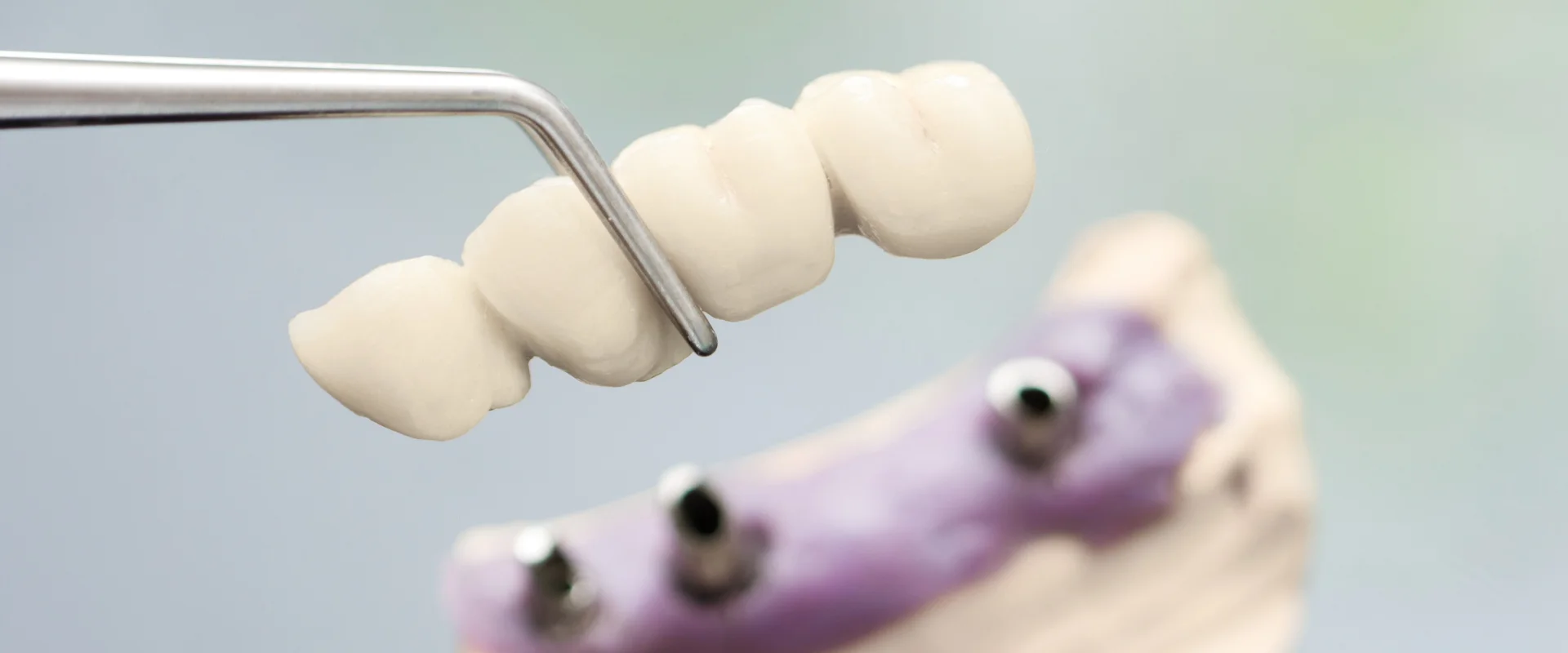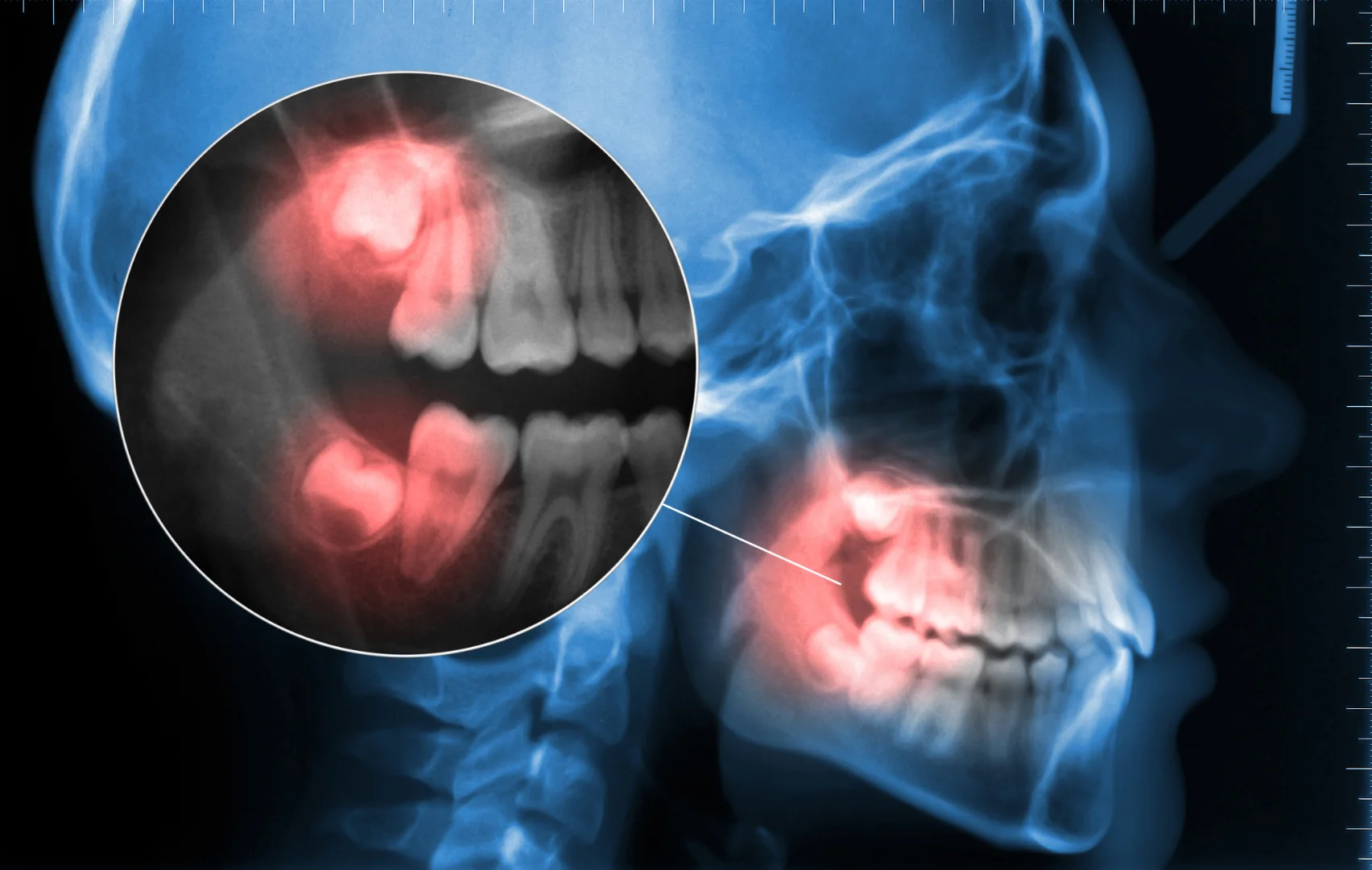Some dental patients may be nervous with the idea of Dental Implants . They have often bought into stereotypes about the procedure, thinking it is only for cosmetic purposes, is a last resort, or is for people with chronic problems. Did you know, however, you can receive a dental implant for a single missing tooth? Single tooth replacement using single tooth implants is a modern tooth replacement option for patients missing just one tooth, offering a reliable and natural-looking solution. Here are the ways you can benefit from single implants.
When are Single Implants Needed?
A missing tooth does not necessarily mean you need or want a dental implant. A tooth in the back of your mouth with a small chip or crack probably doesn’t warrant one right away, and if the missing tooth isn’t obvious, you may forego an implant. However, you should consider a single implant in a few circumstances, and dental implants can be used to replace one or more teeth, depending on the patient’s needs.
Treatment planning and an initial consultation are essential steps to assess if a single tooth implant is the right solution. During the initial consultation, your dental professional will review your medical history, evaluate your remaining teeth, and assess the condition of adjacent teeth as part of a comprehensive treatment plan.
- It’s obvious the tooth is missing (for example, it’s a front tooth).
- You find yourself hiding your teeth or mouth.
- The area around the missing tooth is inflamed or has signs of decay.
- Your other teeth aren’t functioning effectively without the missing tooth.
- Because of the missing tooth, your other teeth have begun crowding or overlapping.
- As part of the treatment plan, your dentist will review your medical history and carefully evaluate your remaining teeth and adjacent teeth to ensure the best outcome.
How Can Implants Help?
The benefits of dental implants, including singles, are abundant. First, there’s usually a social advantage. People are naturally self-conscious about their appearances – especially any flaws in the face, eyes, or mouth. Those of us with missing teeth know what it’s like to smile with your mouth closed or to put hands over your face so others won’t comment on a missing tooth. Dental implants eliminate that worry. Single tooth dental implants provide a natural appearance, closely mimicking real teeth and restoring confidence.
On a more practical level, dental implants (even for one tooth) mean a healthier mouth, improving dental health and serving as a reliable tooth replacement that functions like a natural tooth. People with missing teeth often report an increase in decay or sensitivity, especially as the teeth age. Missing teeth can also make eating and talking painful and awkward. At Solace implant center & oral Surgery, we install immediately functioning teeth so you can enjoy a complete mouth and its benefits right after surgery.
How Does the Implant Work?
We provide several options for the type of implant, but we do similar procedures for each. The dental implant procedure involves several stages, and the entire process of getting a single tooth implant consists of multiple steps, including preparation, implant placement, healing, and final restoration. Solace implant center & Oral Surgery offers traditional fully ceramic implants. We offer another option to dentures and restore your smile with modern dental technology. Dental implants act like a normal tooth and are made with biocompatible materials. They maintain natural bone and implants will normally last a lifetime. Talk to Dr. Jaime A. Romero about your options.
After your initial exams, the dentist will provide a temporary tooth or bridge. This allows you to function normally while your mouth and jaw get used to the new tooth. The dental implant process includes implant placement, where a dental implant metal post (metal implant) is surgically inserted into the jawbone under local anesthesia. The implant acts as an artificial tooth root, replacing the natural tooth root and providing a stable foundation for the replacement tooth. After implant surgery, there is a healing period during which the implant integrates with the bone (osseointegration), and it is important to allow the gums to heal at the implant site. If there is not enough bone, especially in the upper jaw near the sinus cavities, bone grafting may be required using various bone graft materials to ensure a solid foundation for the implant. In some cases, maxillofacial surgery and implant dentistry expertise are needed for complex procedures. Once healing is sufficient, a minor surgery is performed to attach the abutment to the implant, and the replacement tooth is then attached to the implant. During the healing period, patients are advised to eat soft foods to promote comfort and recovery. A single tooth implant consists of several components working together to provide a new tooth. After the adjustment period, your oral surgeon will put in the permanent implant. Call for a consultation appointment today.
Dental Implant Maintenance
Caring for your dental implant is just as important as the initial procedure itself. Whether you have a single tooth implant or multiple implants, proper maintenance is key to ensuring your artificial teeth remain healthy, functional, and natural in appearance for years to come. Just like natural teeth, implants require daily attention to prevent issues such as gum disease or implant failure.
Good oral hygiene is the foundation of implant care. Brushing twice a day and flossing around your implant helps keep gum tissue healthy and removes plaque that could threaten both your implant and surrounding teeth. Using a soft-bristled toothbrush and non-abrasive toothpaste can protect both your gums and the surface of your artificial tooth.
Regular dental visits are essential for monitoring the health of your implant and the surrounding tissue. Your dentist will check for any signs of inflammation, bone loss, or other oral health problems that could affect your implant. Professional cleanings and exams help catch potential issues early, ensuring your single tooth implant remains secure and your smile stays bright.
A balanced diet also supports the longevity of your implant. Limiting sugary snacks and avoiding damaging habits like chewing on hard objects can help protect both your implant and your natural teeth. With proper care and attention, your dental implant can provide a permanent solution for a missing tooth, blending seamlessly with your natural teeth and supporting your overall oral health.



